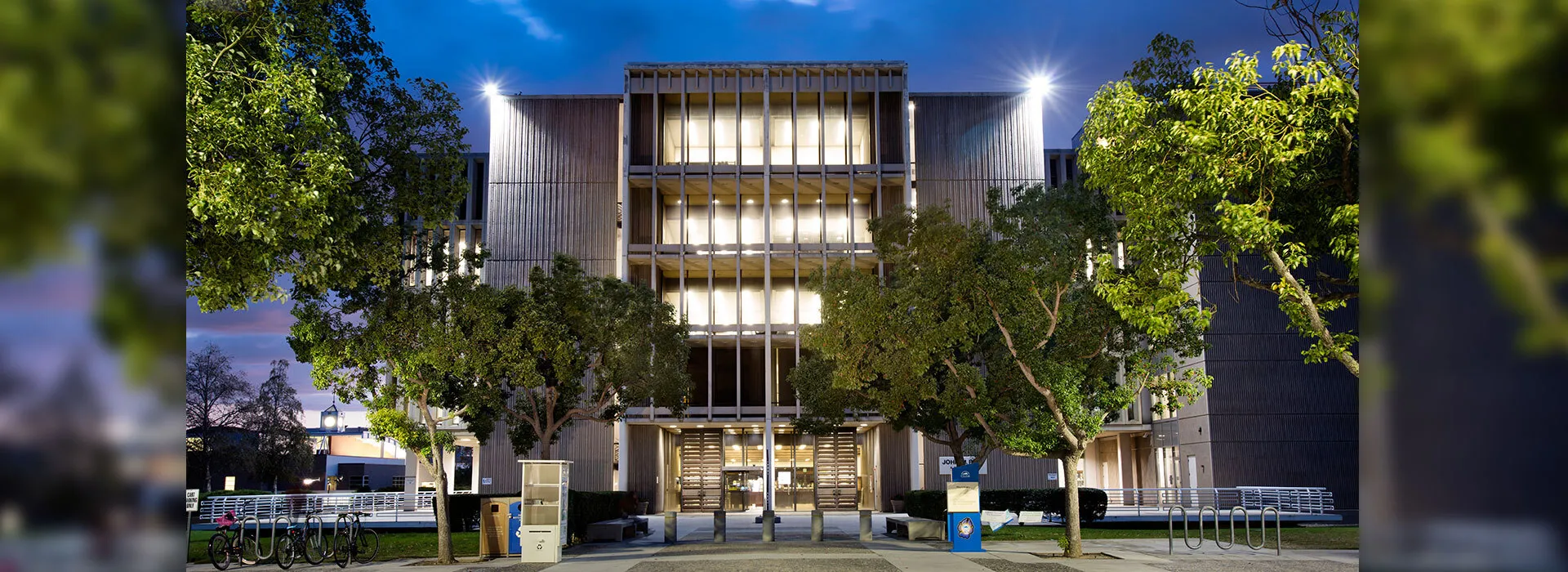
In the summer of 1978, Vicki Ruiz, a graduate student in history at Stanford University, traveled to Guadalajara, Mexico, to interview labor and civil rights activist Luisa Moreno.
On the last day of her stay, Ruiz recalled, “I blurted out, ‘I know what I’m going to do for my dissertation. I’m going to write about you.’”
Moreno said no, focus instead on the cannery workers in Southern California. That, said Ruiz, now a history professor at the University of California, Irvine, launched her life’s work in Chicana history.
On Tuesday, March 8, Ruiz will talk about that work, and will focus on Moreno when she presents “Una Mujer Sin Fronteras: The Legacy of Luisa Moreno.” The talk, part of the “Chican@ History Lecture” series organized by the Cal State San Bernardino History Club/Phi Alpha Theta, will take place from noon-2 p.m. at the university’s John M. Pfau Library, room PL-4005.
The lecture is open to the public and free; parking at CSUSB is $6.
Ruiz’s talk will focus on Moreno’s career as a trade union organizer who encouraged women’s leadership across race and ethnicity in building democratic rank and file union locals.
“Vicki Ruiz is extremely well respected both as a scholar and as a mentor to future generations of Latino/a scholars,” said Cherstin Lyon, CSUSB associate professor of history. “We are absolutely delighted that she has accepted the students' invitation to visit our campus and talk about the important life of labor leader and activist Luisa Moreno.”
Moreno was considered the most recognized Latina labor leader in the United States during the 1930s and 1940s. Born in Guatemala, she immigrated to the U.S. after she married artist Angel De León in 1928, settling in New York City. In 1930, she joined in a protest after Gonzalo Gonzáles was killed in a clash with New York police as he led a picket against the movie “Under a Texas Moon,” which they considered to be anti-Mexican. She said in a later interview that the experience inspired her to advocate on behalf of Spanish-speaking communities.
During the Great Depression, Moreno worked as a seamstress in Spanish Harlem to support her daughter and unemployed husband (she later left him after he became abusive). She organized her co-workers, many of whom were Latinas, into a garment workers union. In 1935, the American Federation of Labor hired her as a professional organizer, and she organized a union of African American and Latina cigar rollers in Florida. That led to work with the Congress of Industrial Organizations and the United Cannery, Agriculture, Packing and Allied Workers of America, organizing workers from those working in pecan-shelling plants in Texas to cannery workers in Los Angeles. She eventually settled in San Diego, using it as a base as she worked throughout the U.S.
A speech she gave in 1940, before the American Committee for the Protection of the Foreign Born, may have relevance in the present-day immigration debate. Moreno said then, “These people are not aliens. They have contributed their endurance, sacrifices, youth and labor to the Southwest. Indirectly, they have paid more taxes than all the stockholders of California's industrialized agriculture, the sugar companies and the large cotton interests, that operate or have operated with the labor of Mexican workers.”
Since her interviews with Moreno in the summer of 1978, Ruiz completed her graduate work at Stanford, earning her master’s 1978, then doctorate in 1982, both in history –becoming the first in her family to earn an advanced degree.
A member of the UC Irvine faculty since 2001, she is the Distinguished Professor of History and Chicano/Latino Studies. Ruiz is also the recipient of the National Humanities Medal, presented to her by President Barack Obama on Sept. 10, 2015. The award recognizes those who have deepened the country’s understanding of humanities and broadened citizens’ engagement with history, literature, languages, philosophy and other similar disciplines.
Ruiz counts among her published work “Cannery Women, Cannery Lives” and “From Out of the Shadows: Mexican Women in Twentieth- Century America,” both of which won awards. A fellow of the American Academy of Arts and Sciences, she is the immediate past president of the American Historical Association, the flagship organization for historians across all fields, representing over 14,000 members.
The lecture series, which began in fall 2015 and included programs featuring historian Tomás Summers Sandoval of Pomona College and political scientist Armando Navarro of UC Riverside, is made possible with help form the CSUSB Department of History, the University Diversity Committee, the Teaching Resource Center, and the CSUSB John M. Pfau Library.
For more information, contact Rocio Gomez at gomer329@coyote.csusb.edu.
Set in the foothills of the beautiful San Bernardino Mountains, CSUSB is a preeminent center of intellectual and cultural activity in inland Southern California. Celebrating its 50th anniversary in 2015, CSUSB serves more than 20,000 students each year and graduates about 4,000 students annually.
For more information about Cal State San Bernardino, contact the university’s Office of Strategic Communication at (909) 537-5007 and visit news.csusb.edu.